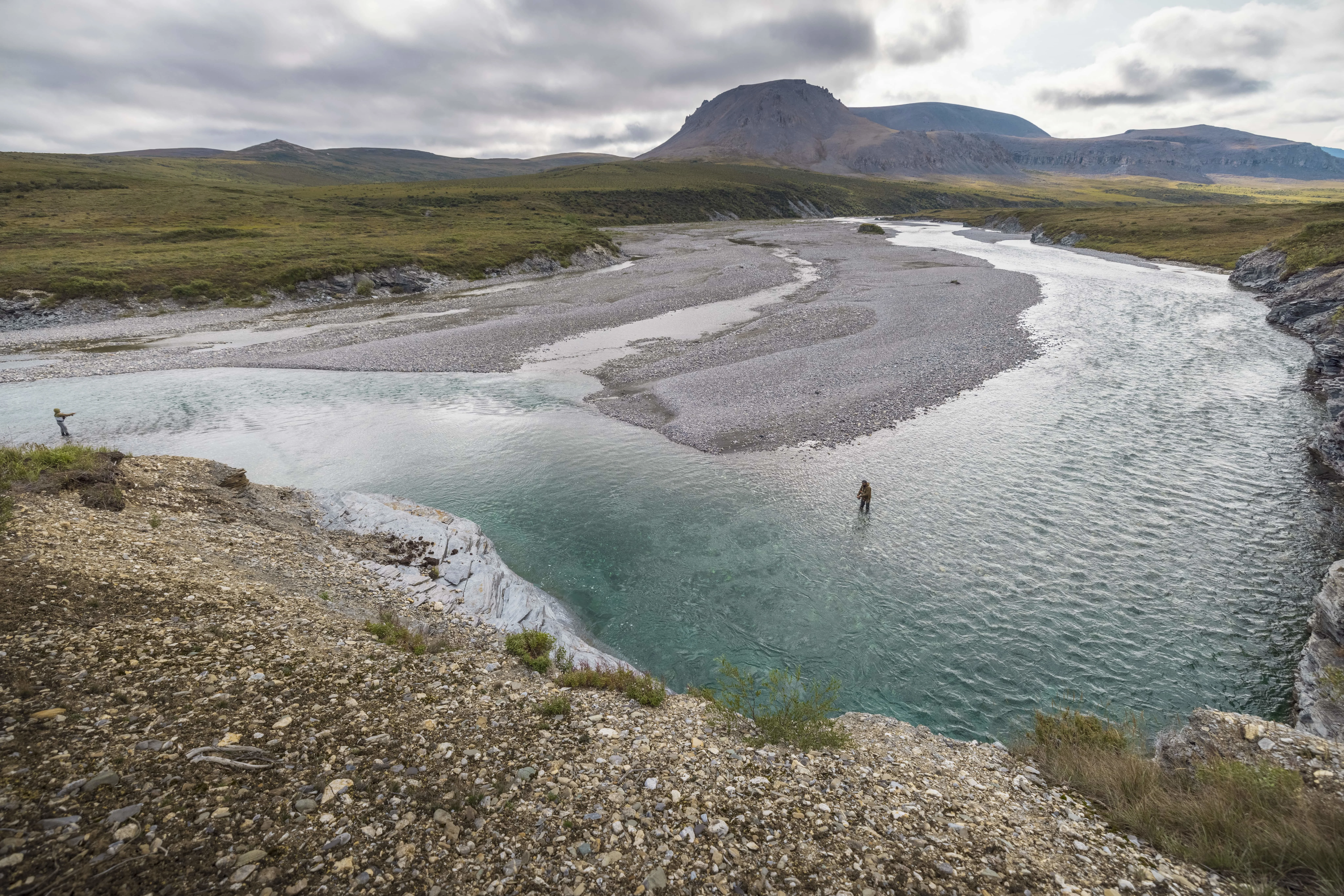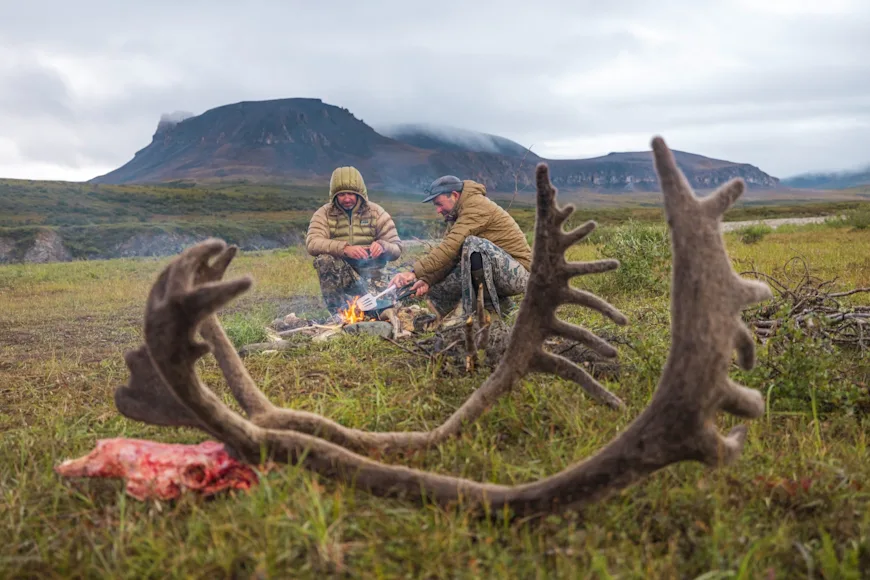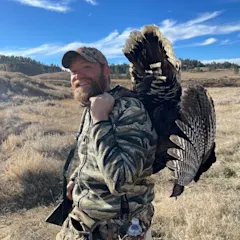In June 2024, the Bureau of Land Management (BLM) blocked a proposal to construct a 211-mile road through Alaska’s famed Brooks Range. The project, known as the Ambler Road, would have given mining companies access to copper deposits worth more than $7 billion. Hunting and fishing conservation groups widely opposed the plan and lauded the BLM’s decision to block it, citing the project's potential for negative impacts on pristine fish and wildlife habitat. Now—according to a coalition called Hunters and Anglers for the Brooks Range—the previously-defeated Ambler Road appears to be back in play.
“An amendment in the Senate version of the National Defense Authorization Act would rescind the Bureau of Land Management's recent decision to defend Alaska's Brooks Range and force the Department of the Interior to permit the Ambler Road,” Hunters and Anglers for the Brooks Range said in a recent statement. “It's critical that the Ambler Road amendment be stripped from the final version of this must-pass legislation, which funds our military and will be negotiated by lawmakers in the coming months.”

When the BLM officially denied the Ambler Road proposal back in June, it outlined the adverse consequences that road construction and large-scale mining operations would have for caribou herds, Arctic greyling, and sheefish. “The BLM’s analysis found that the road would have required over 3,000 stream crossings and would have impacted at risk wildlife populations, including sheefish and the already-declining Western Arctic caribou herd, which are critical food sources for Native communities,” the agency said in a press release issued June 28, 2024. “The proposed Ambler Road would have traversed ... significant wildlife habitat and pristine waters that are vital for the subsistence activities of Tribal communities along the iconic Brooks Range in north central Alaska.”
Though its numbers are dropping, the Western Arctic Caribou Herd is still the largest caribou herd in the world. Local hunters rely on the herd for subsistence, and non-residents flock to the Brooks Range to hunt Western Arctic caribou on public land every year.
“The recent decision to deny the proposed Ambler Road permit is an unequivocal win for [caribou] that will keep ... home range intact,” retired Alaska Caribou biologist Jim Dau told TRCP at the time of the BLM’s Ambler Road denial. “Caribou rarely use their entire range in any one year; however, over the course of decades, they use – and need – their entire range. This is increasingly important in a rapidly warming Arctic. What’s good for caribou is also good for the people who value or depend on them.”
Brooks Range fishing guides, like Greg Halbach of Remote Waters in Anchorage, also celebrated the BLMS’s decision to deny Ambler Road permitting. “Brooks Range rivers will remain remote and wild because of this decision,”Halbach said at the time. “We needed hunters and anglers from all over the country to speak out against the Ambler Road and they did. Because of this collective effort, I will continue to have the privilege and opportunity to immerse my clients in a wild landscape unlike any other.”
Read Next: Montana Further Restricts Bull Trout Fishing, Hoping to Limit Species’ Decline
With threats to the Brooks Range cropping up again in the form of the Amber Road Amendment to the National Defense Authorization Act (NDAA), Hunters and Anglers for the Brooks Range is asking concerned sportsmen and women to reassert their opposition to the proposed project. “The NDAA is no place for a controversial provision that would force the Interior Department to permit the Ambler Road,” the organization wrote in a petition bound for members of Congress. "More than 14,000 hunters and anglers from across the country are on the record supporting the Bureau of Land Management’s recent decision to deny the right-of-way permit to build the road across BLM lands. If the Ambler Road provision is included in the final NDAA, it would upend a robust public process, ignore scientific review, and undermine the future that many rural residents want for their communities and families. ”
If you’d like to sign the petition, you can do so here.


